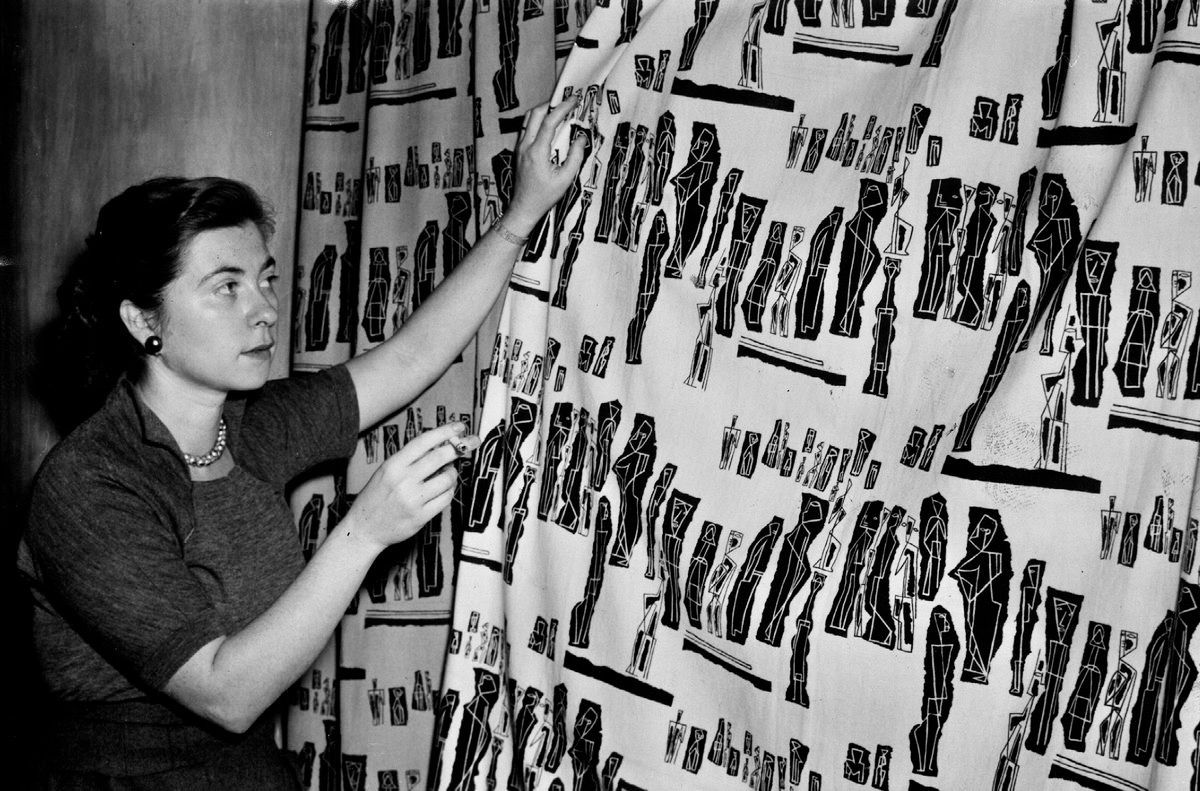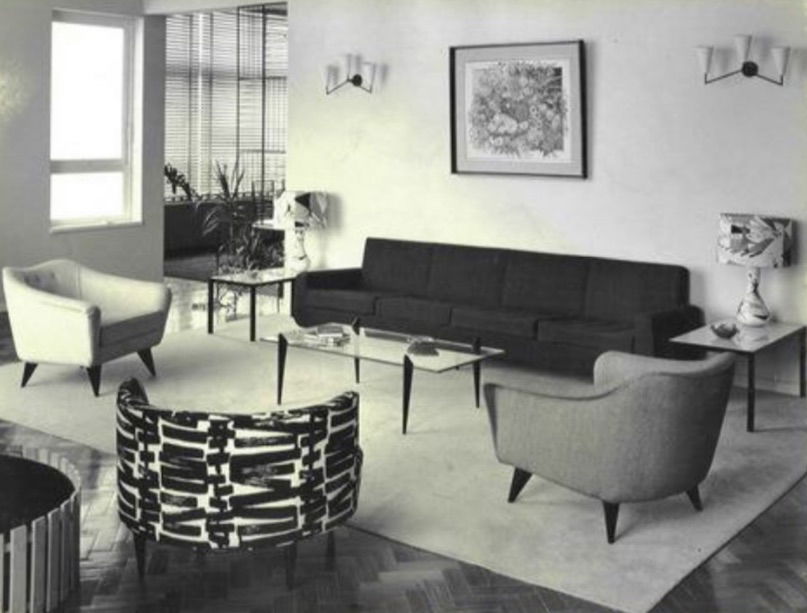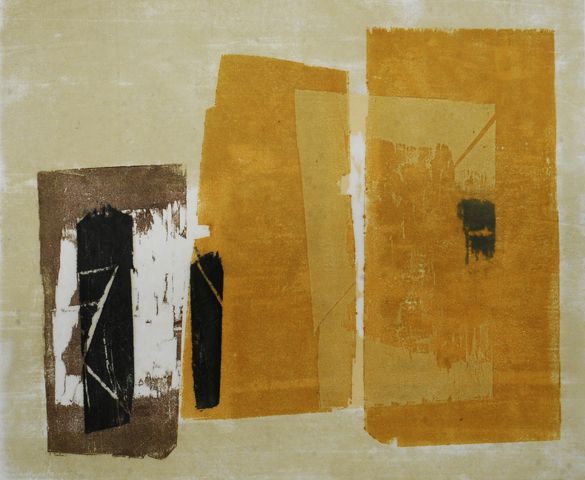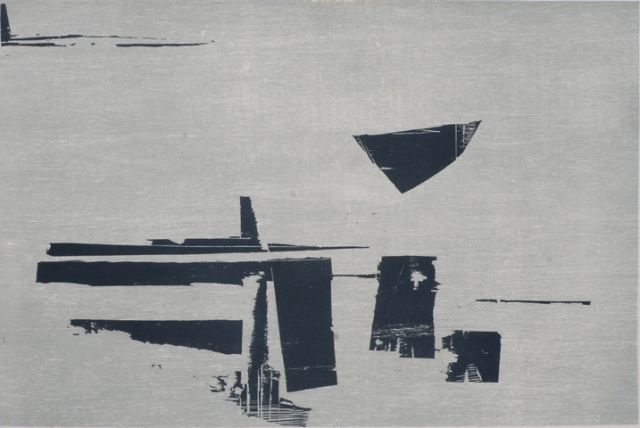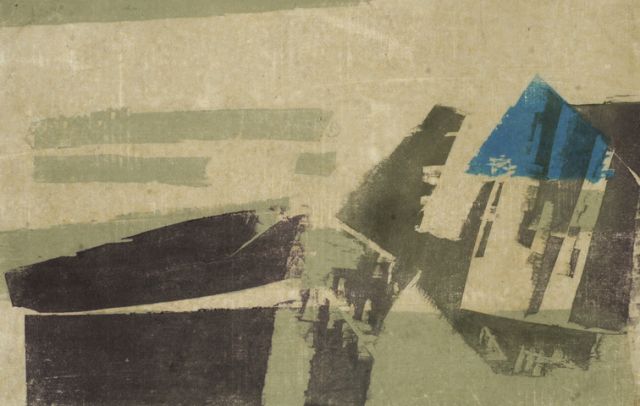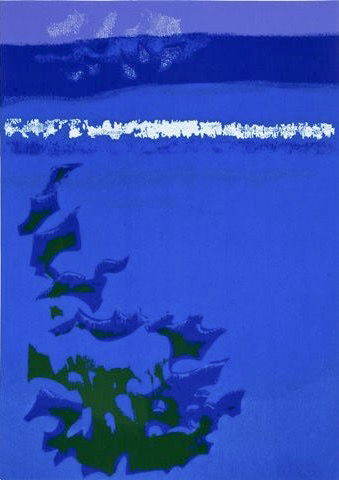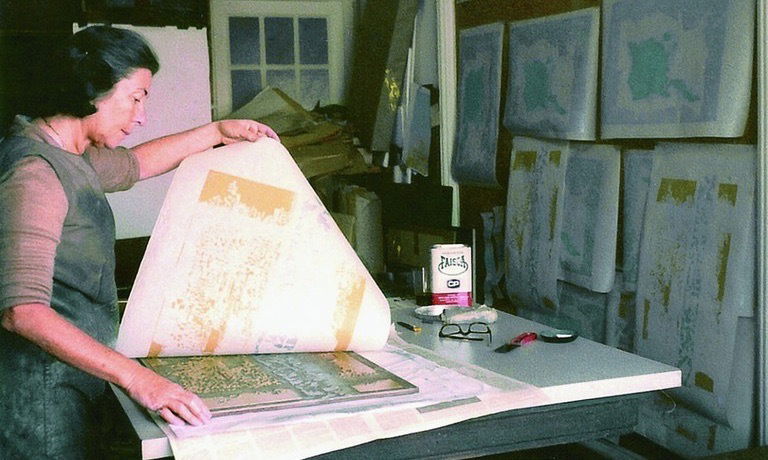Fayga Ostrower
18/09/2024
Fayga Ostrower 1920 - 2001
Fayga Ostrower, a printmaker and art theorist, was a key figure in the Brazilian abstract movement that emerged in the early 1950s. Born in 1920 in a small Polish town, she emigrated with her family to the New World with the rise of Nazism, settling in Rio de Janeiro. There she began her artistic career with figurative works in the tradition of pre-war Brazilian engraving, championed primarily by Oswaldo Goeldi and Lasar Segall. These early works reflect a strong Expressionist influence and a deep interest in social issues. In 1954, her work was published in the Guide International de la Gravure; in 1957, she won the engraving prize at the São Paulo Biennale; and the following year, the engraving prize at the Venice Biennale. On that occasion, even the irascible Max Bill, when confronted with Fayga's abstract prints, declared: "I agree with that. By the end of the 1950s, Fayga Ostrower was a leading figure in Brazilian printmaking and abstraction, participating in numerous exhibitions in Brazil, Europe, and the United States. Fayga Ostrower's work is the result of her own rhythm and ethical questioning, an expression of her "respect for art as the eternal language of humanity. A leading art theorist, she has written numerous books on the power of art as a universal language and has taught for many years in Brazil, England and the United States.
